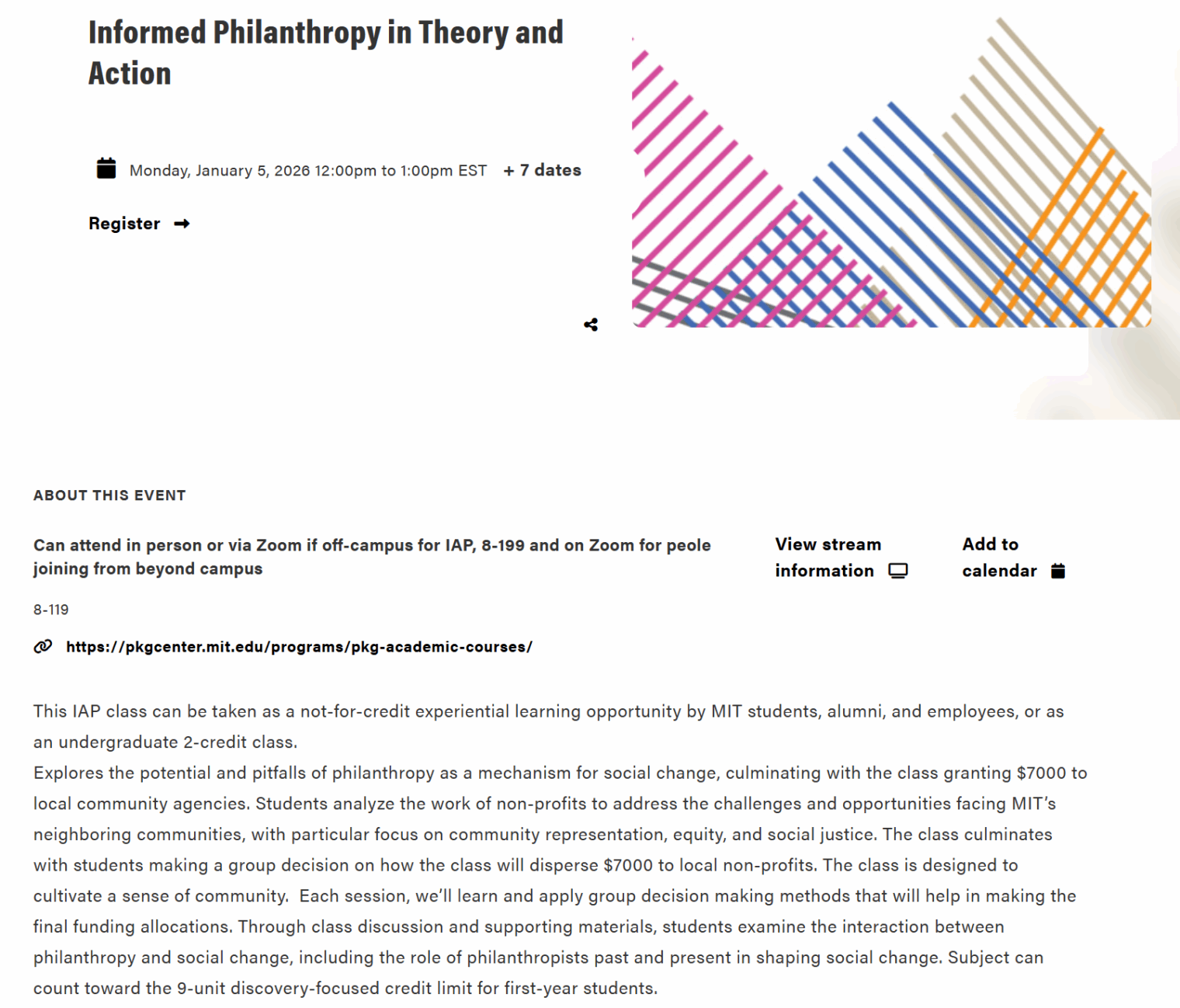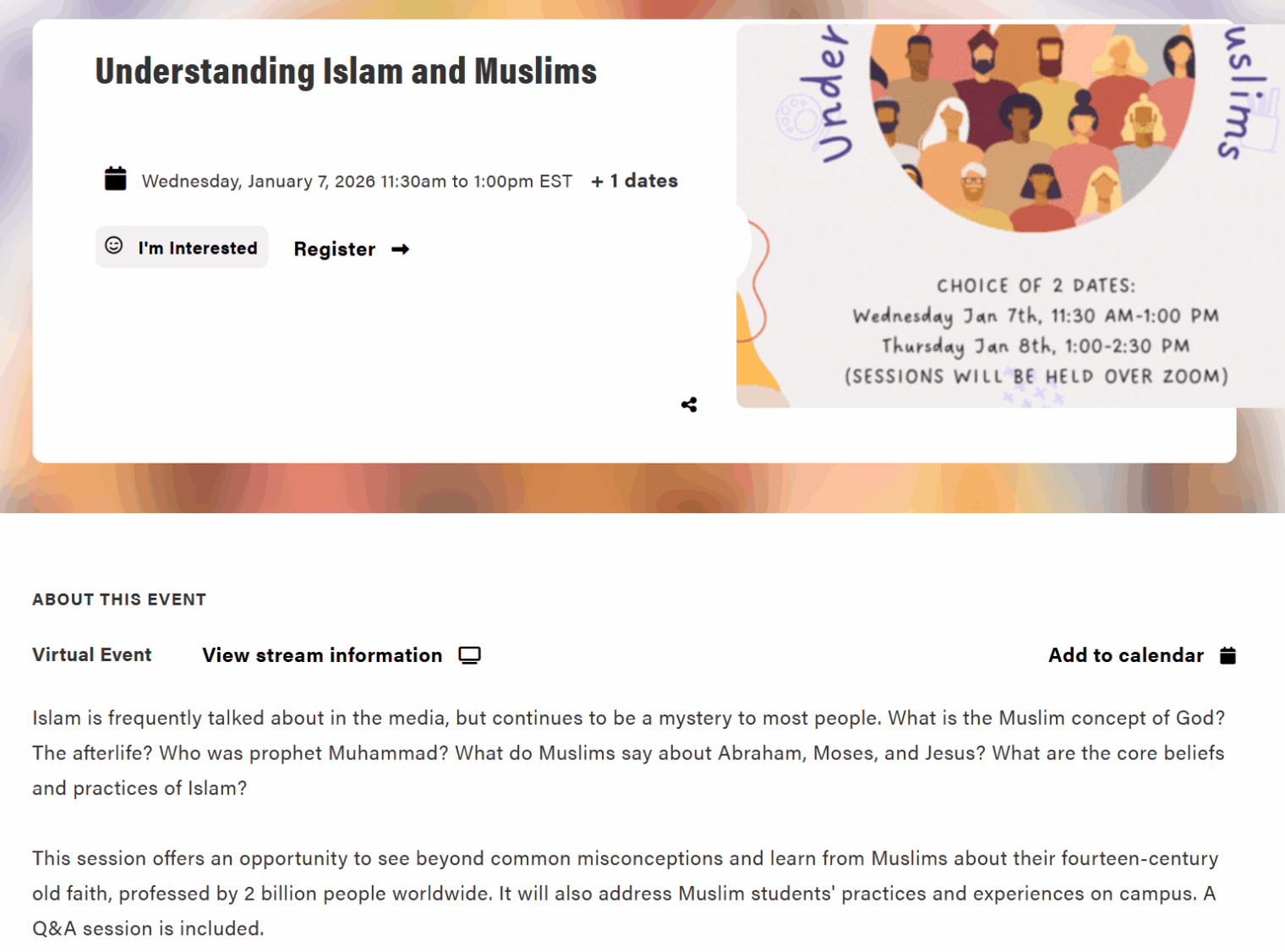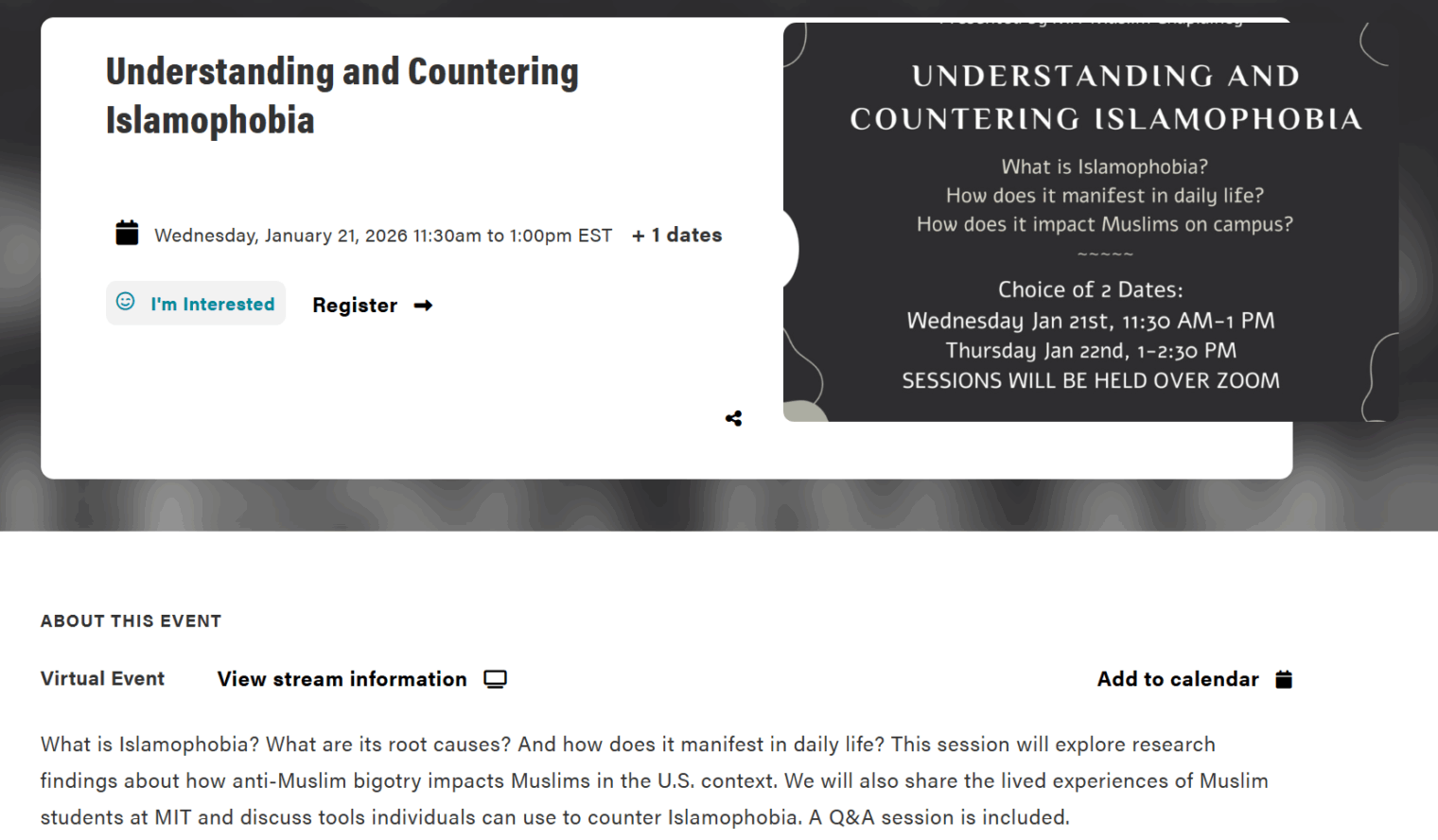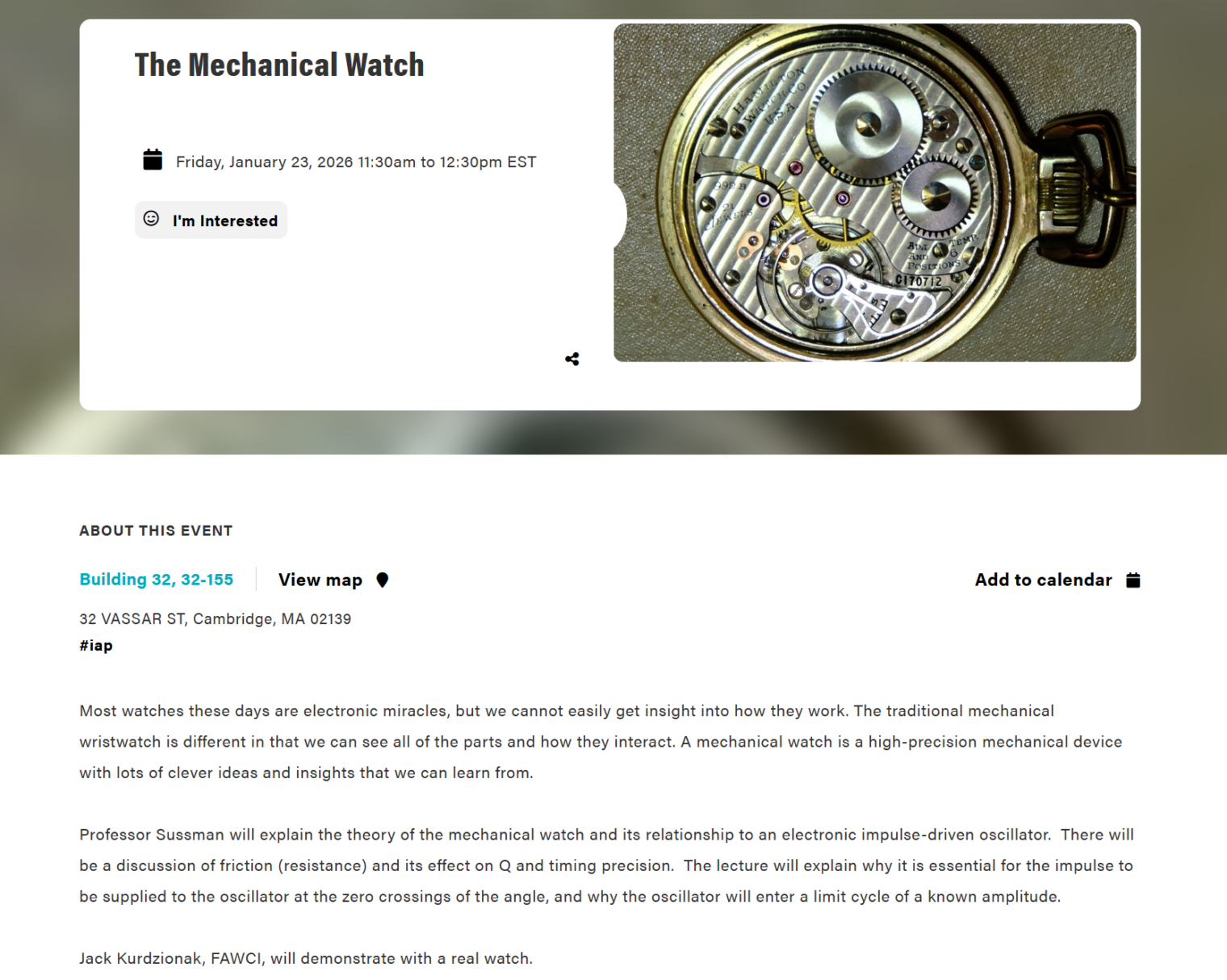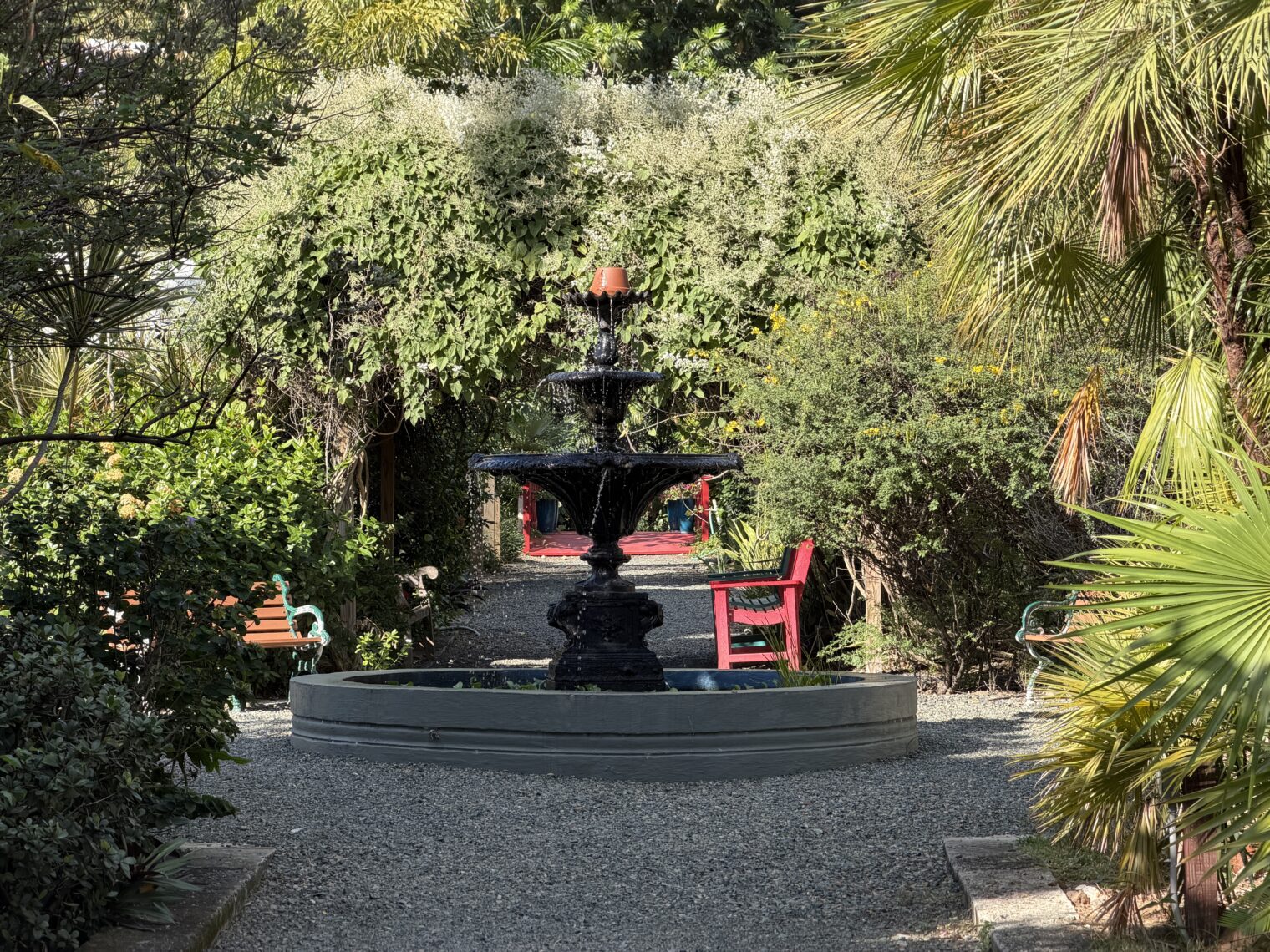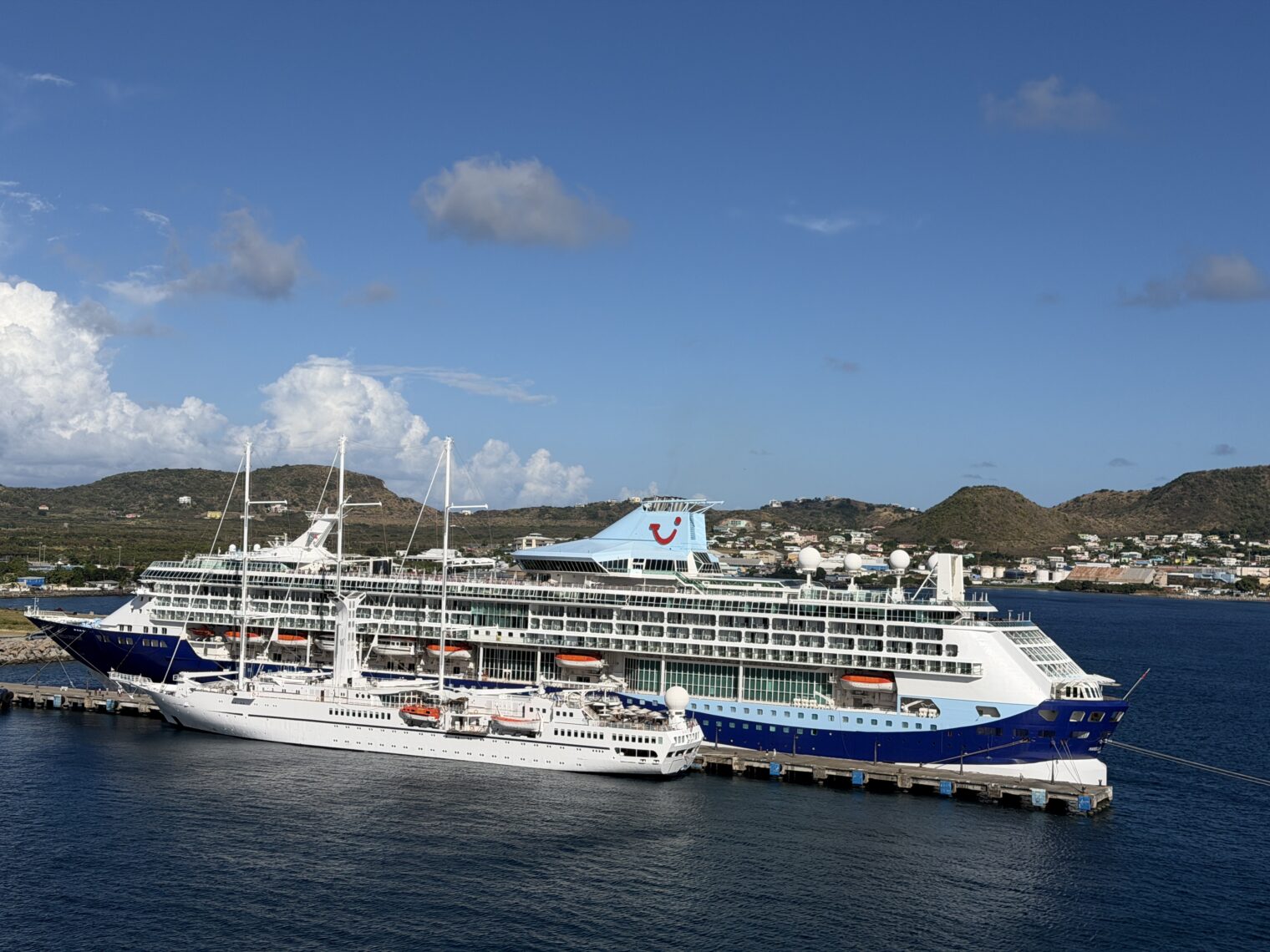The Federal Reserve is in the news lately for spending about $3,000 per square foot to renovate some office space in D.C. that will be used by 3,000 to 3,400 people. (source: the haters at Fox) The cost will be roughly $1 million per employee ($3.1 billion total).
I recently got off the Celebrity Ascent, a two-year-old cruise ship built by the notoriously efficient French. According to a talk that I attended by Instagram-famous Captain Tasos, she cost $1.2 billion, brand new, and can be both a home and work space for more than 5,000 people. ChatGPT estimates the square footage of the Fed’s buildings at 1.1 million and the Ascent at 2 million (cabins plus public spaces). The Ascent is fully covered with WiFi and, thus, could serve as an office building in our modern Zoom-based age (at a dock it could be hooked up to a fiber bundle instead of an apparently rather feeble Starlink subscription (throttled to 3.5 Mbps download per device; 2.5 Mbps upload).
Instead of renovating the Fed buildings, why not have our French brothers, sisters, and binary-resisters build an “office ship” to be moored in SE DC (just east of the Woodrow Wilson Bridge, I guess, due to the 75′ vertical limit)? As a bonus, any time that Fed employees need to visit colleagues in Boston, Philadelphia, New York, or Miami (the latter isn’t home to a regional Fed, but maybe it should be?), the “office ship” can set sail up or down the east coast (not a Jones Act violation because the government can do whatever it wants?).
What’s the flaw with this proposal to save taxpayers at least $2 billion (maybe $3 or $4 billion if the DC project goes over budget) and give each Fed employee twice the square footage (plus an awesome buffet restaurant and a wonderful theater if the Fed is as good at putting together an orchestra as Royal Caribbean/Celebrity are; hire Jessica Gabrielle to do an employee disco night once/month and her Blue Jays band to work lunch two days per week; maybe bring in Stephen Barry a few times per year for gender diversity reeducation (he liked to borrow purses from female-identifying audience members)).
Since every American will be on GLP-1 pills, the Fed could run a “chocolate shawarma” station as Celebrity did. Imagine replacing the two foreigners below with efficient enthusiastic friendly American government workers:
(Why did Celebrity put up a sign labeling these “shawarma” rather than “crêpes”? It’s true that the legacy white Christian French population contributed the underlying pancake, but they also had a chocolate wheel from which shavings were being made.)
Loosely related, Marella Discovery nursing her calf (St. Kitts):
Sanity check on ChatGPT’s numbers: Ascent is 1071×130′ in size. That’s 139,230 square feet of space if the ship were shaped like a block. She has the equivalent of about 15 full-length decks so that works out to 2.1 million square feet. Then subtract a bit because there is some tapering.
Speaking of sanity, if the Federal Reserve truly wanted to conserve taxpayer funds, it could order a ship built in China (30-40 percent cheaper, supposedly, though apparently still not competitive in the real-world cruise industry) and skip out on the fancy Azipods and bow thrusters (the office ship won’t move too often so perhaps just use tugboats to achieve precise positioning within harbors). Speaking of Azipods, how do those clever Swedes get the slip rings to work? Enormous amounts of power are transferred and the pods can rotate continuously (i.e., a power cord won’t work). ChatGPT:
Full post, including comments 





